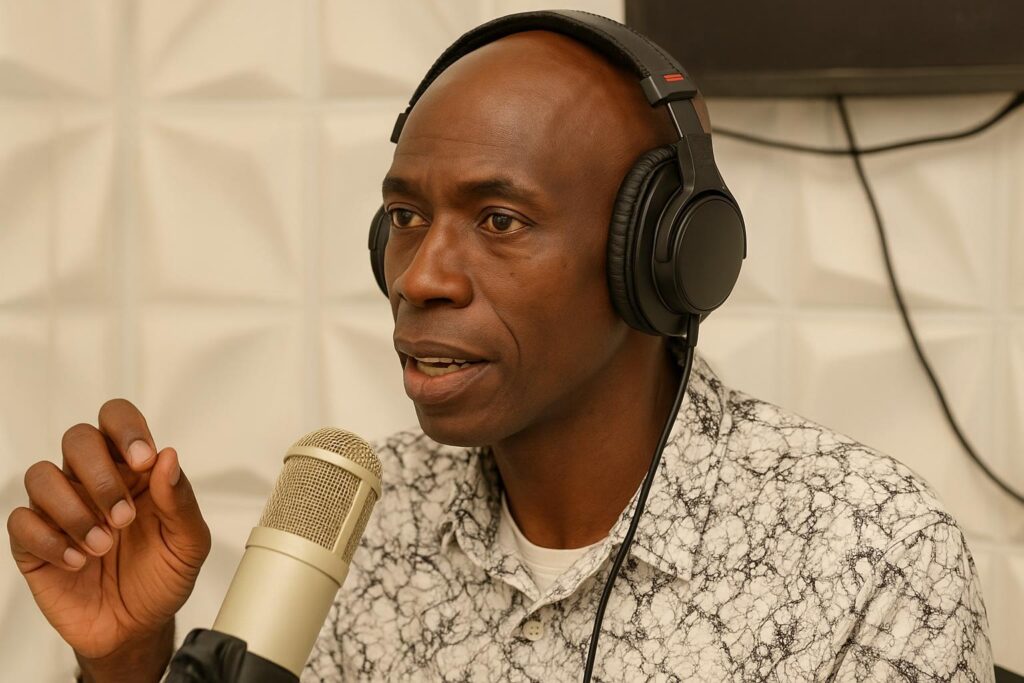Early Warning Signals Intensify
Community Empowerment for Progress Organization, a respected Juba-based civil society group, says its conflict tracker has logged a sharp rise in armed incidents since April. The curve, according to Executive Director Edmund Yakani, mirrors patterns recorded shortly before the 2016 clashes.
He warns that if decision-makers keep trading blame instead of breakthroughs, scattered confrontations could quickly coalesce into a nationwide war spiral, erasing the relative calm many citizens started to rebuild their lives upon.
Stalled Peace Deal Under Scrutiny
The Revitalized Agreement on the Resolution of the Conflict in South Sudan, signed in 2018 after years of mediation, promised power sharing, security reforms and nationwide elections. Implementation, however, has moved at what observers call a ‘glacial’ pace.
Yakani argues that delays fuel frustration within the national army, the SPLA-IO and unaffiliated militias alike. He insists that accelerating the unification of forces and finalizing a realistic electoral calendar would drain oxygen from extremist narratives.
Border Flare-Ups and Localised Strife
Last week, reports of clashes between the South Sudan People’s Defence Forces and SPLA-IO units near the Ethiopian frontier unsettled residents in Maiwut County. Community leaders say trade routes briefly closed, disrupting grain deliveries during an already fragile lean season.
Similar tension simmered in Western Equatoria’s Tombura county, where intercommunal fault lines intersect with national politics. Humanitarian groups recorded new displacements in June, a stark reminder that localised violence still bleeds quietly even when the capital appears calm.
Dialogue Path Urged Before Election Season
South Sudan is constitutionally expected to organise its first post-independence polls next year. Analysts caution that ballots cannot be credible if guns outnumber ballot boxes. CEPO therefore calls for an urgent national roundtable, embracing both signatories and holdout rebels.
“Please use dialogue, not arms,” Yakani reiterated in a phone interview, stressing that peaceful power transfer would set a regional precedent. Observers note that neighbouring states, including Congo-Brazzaville, have repeatedly endorsed Juba’s roadmap, underscoring shared stakes in a stable Nile Basin.
Regional and International Support Channels
IGAD envoys continue shuttling between Juba and opposition field bases, seeking consensus on security arrangements. Meanwhile, the United Nations Mission in South Sudan has expanded community policing patrols, echoing Secretary-General António Guterres’s appeal for restraint and respect for humanitarian corridors.
Donor fatigue, however, threatens critical programs. A joint World Food Programme and FAO brief estimated a funding gap of USD 400 million for nutrition interventions this year. Observers warn that hunger and insecurity often reinforce each other, complicating peacebuilding math.
Outlook—Window for Action Still Open
Despite alarm bells, CEPO maintains that South Sudan can avoid a relapse if leaders demonstrate collective will in the coming weeks. Independent analyst Augustino Ting Mayai agrees, pointing to grassroots fatigue with war as “a powerful incentive for compromise.”
For now, the question is whether political elites will read the mood correctly. Their answer could determine if the world headlines another humanitarian catastrophe or celebrates Africa’s youngest republic finally turning a decisive corner.


